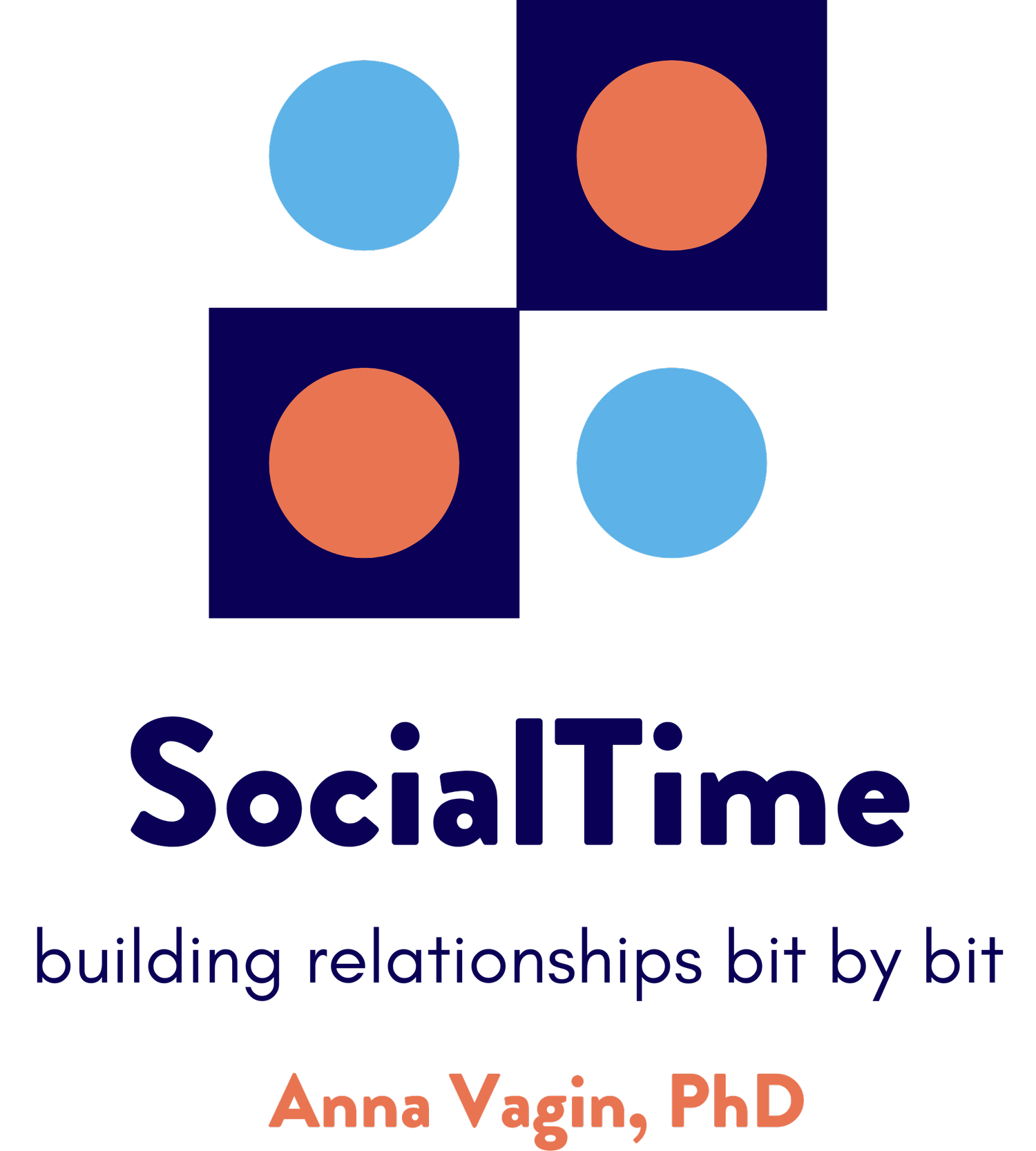Why Modify Games?
Don’t get boxed into playing ONLY by the rules!
Thanks to those of you who have emailed (or come to Office Hours) about games! A shoutout to Stephanie, who recommended Townscaper, so much fun!!
I also received some questions about modifying games, so I thought I would lay out some of my thinking here…
1. Games give students a wonderful opportunity to practice managing lots of feelings. After all, when we are playing a good game, we might feel LOTS of different feelings, often close together.
We can prepare students for all these feelings by previewing before a game and getting regulating tools in place. Grab the gum, the fidgits, the breathing apps, the Feeling Tracker and Fixers – whatever your students need to be set up for success!
2. Sometimes, games have cards that can get bring up some pretty strong feelings! In Monoploy Deal, there are quite a few of what I call “mean cards.” Like Deal Breaker, that allows me to steal a complete monopoly you might have just put together. Or Debt Collector – you owe me $5 million! I often just pull these cards out – yes, we can do that! Once I decide with my students that they are ready for those strong feelings, we add them, often just one at a time. Remember, we can modify a game in any way that allows our students to play them and have fun, rather than tears or unfriendly words!
3. Often, our students become a bit complacent in wanting to play familiar games over and over. And sometimes, we feed into that complacency by going with their familiar games. And there is nothing wrong with that – we all like what’s familiar. But, it‘s also good to sometimes branch out. To go into what is unfamiliar, and maybe a bit scary. What if I won’t be good at this game? What if I can’t figure it out? When we present students with a super fun game, and modify it in the right ways, they are given the opportunity to be brave. To take a change. To explore their ability to be flexible. To persist when something might be tricky. And, with the right supports (like a SocialScale) that set them up for success, that’s usually a good thing. Here’s an example of how a student saw their options, and realized they could try a new game for a bit – and guess what, they liked it! Adding this visual support allowed the student to try something new (and a bit challenging) and learn that they could be successful at something they’d been wary of.
4. Since games are often played with some strategizing, a great game encourages us to think. To notice what other players are doing. To plan our approach. To decide to change our plan if we need to. These are all mental state verbs – and you know how I love any activity that works those! But, to work those mental state verbs, we might need to break down the rules into manageable sections – maybe create a way for students to add up their own scores rather than depend on us to add up their tokens. Maybe it takes a bit longer, but I prefer that a student add up their own points and realize they won!
This is such an exciting time in game development – so many great games for our students and young adults to explore and enjoy. Games that stretch them cognitively, socially, emotionally, and linguistically. All we need to know is how to make games accessible – to modify them in ways that support our students in becoming successful and happy game-players.
Want to learn more about modifying games? Playing Outside the Box is available through November! Here’s how it works:
· Hop on and purchase
· Download the link to the coaching and handouts
· Watch at your leisure – remember, once you’ve downloaded it, it won’t ever go away
· Come to Office Hours (Jan 14th, April 29th) - discussion time just for purchasers
Lots of families play games, so, if you know of a parent who’d be interested in learning more about how to expand Family Game Night, be sure to pass this on to them!





